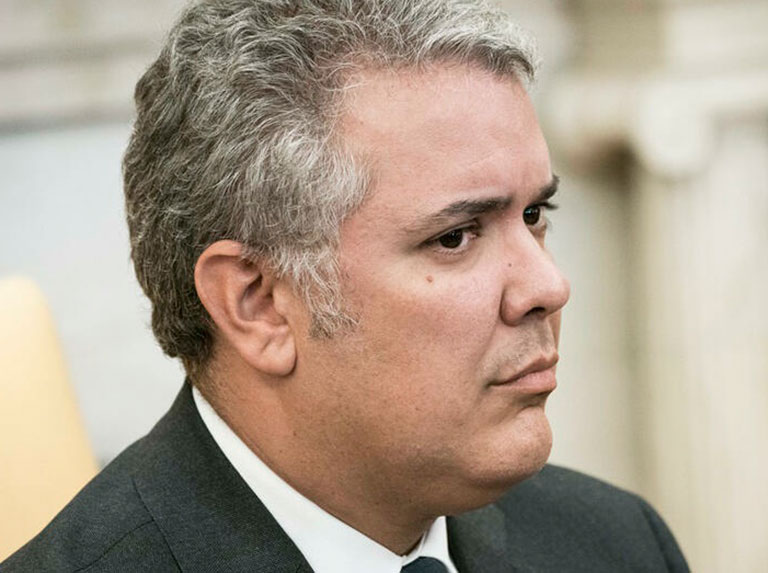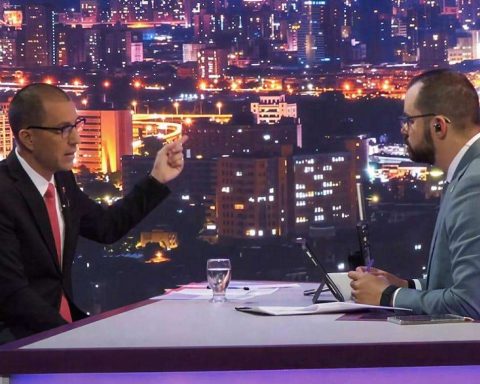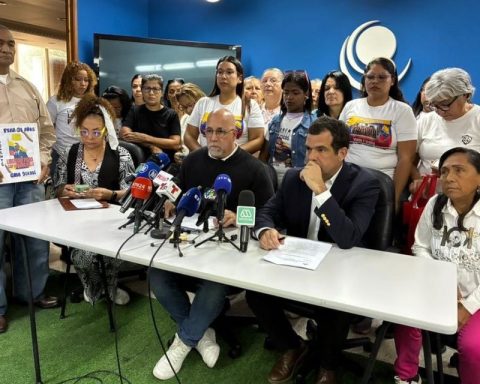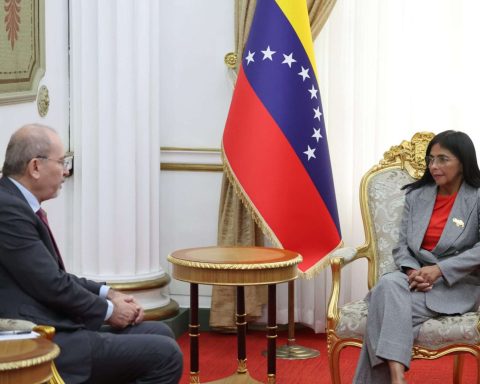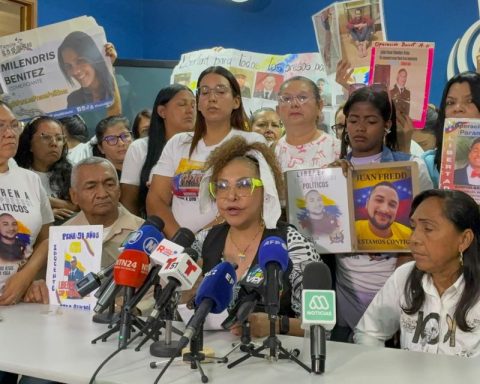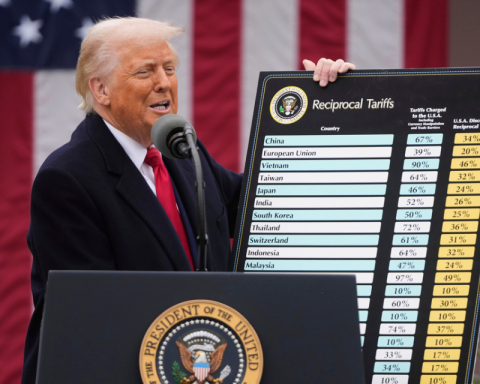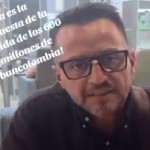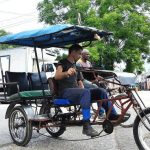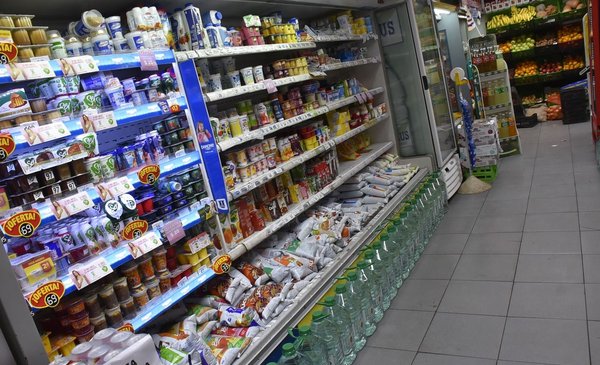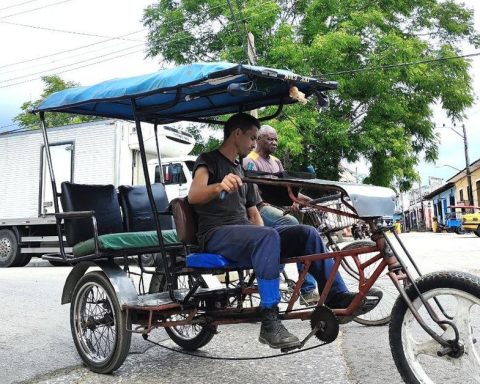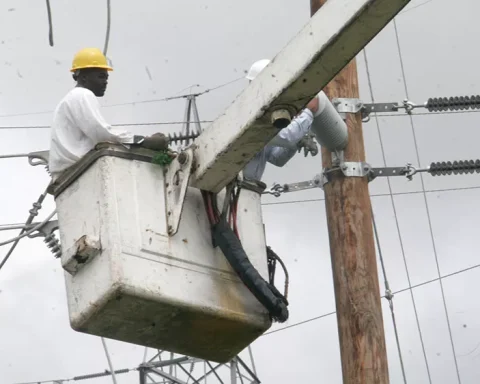Julio Chávez, president of the Special Commission to Investigate Crimes Against Venezuelan Migrants of the National Assembly, asks the Colombian government of Iván Duque to respect the human rights of Venezuelan migrants, especially the right to life.
Chávez demands that the Duque government, “which only has about 100 days left in government, enforces respect for the human rights of the Venezuelan migrant population. He does not make them invisible, because they are murdering Venezuelans there in Colombia and classify them as foreigners (…) We demand that the murder of the Venezuelan migrant population ceases”, he denounces.
It also states that “the Colombian Government is not receiving, through the corresponding institutions, the complaints of human rights violations that relatives of the victims have bravely presented in Colombian territory.”
More than 100 murders in 90 days in Arauca
The deputy alerts the Venezuelan population that travels through Colombia to avoid visiting Norte de Santander and Arauca, “because in these territories the right to life is not guaranteed to people.”
“Only in Arauca in the last 90 days there have been 100 murders of people. This speaks of a State that does not guarantee the right to life of its population and much less of migrants”, he highlights.
“Let’s see the number of social leaders who are killed daily and the state of war that exists in Colombia, plus a desperate President asking for money to attend to migration, something that has not been happening,” he asserts.
The statements are part of the press conference that the Venezuelan deputy offered this Friday from the José María Vargas building of the National Assembly in which he detailed that from the Commission he chairs they have 2,761 complaints about human rights violations of Venezuelan migrants in different countries. region of.
Regarding the means to send the complaints to the Special Commission, he says that they can do it through email [email protected]
Victims can also attend regional parliaments and the Ombudsman’s headquarters and regional offices. In Colombia they can do it through various NGOs that protect the human rights of migrants, such as Progresar, in the municipal defense offices and in the Migration Observatory that is operating in some Colombian universities, says Chávez.
